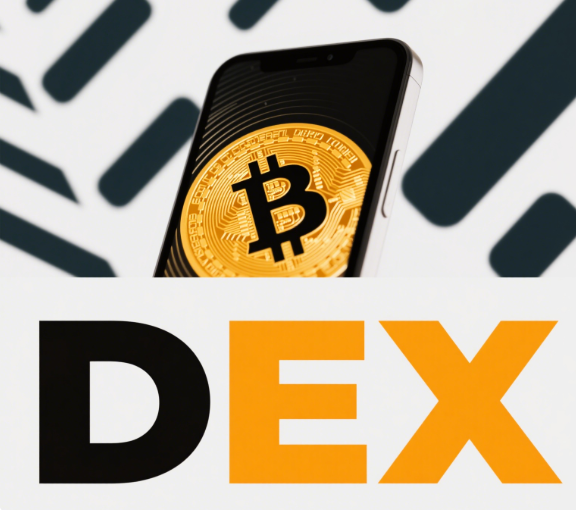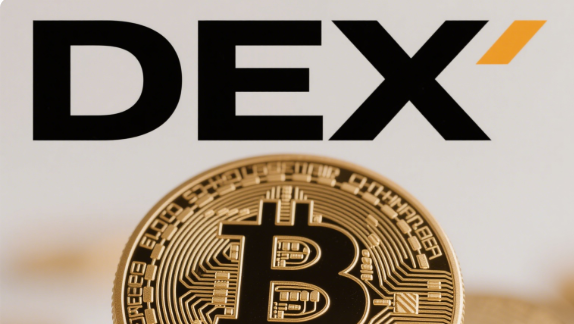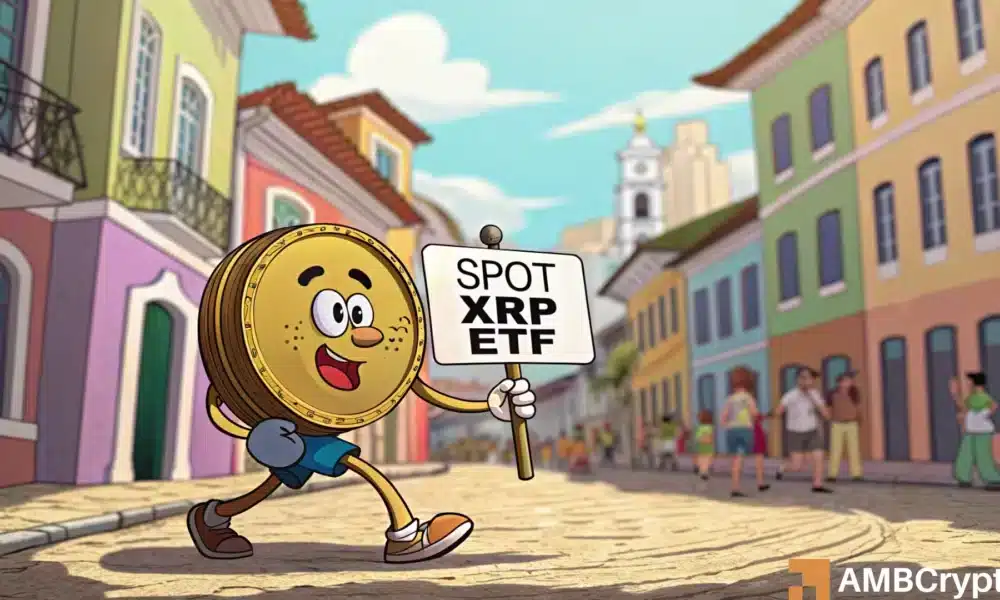In the world of cryptocurrencies and blockchain, the term “decentralization” seems to be everywhere. Whether you’re discussing Bitcoin, Ethereum, or emerging blockchain projects, decentralization is a core concept. But what exactly does decentralization mean? Why is it so important? What are its pros and cons? Today, we’ll delve into this critical topic, exploring how decentralization is changing the game for finance and information, as well as the issues we need to consider along the way.
The Concept of Decentralization
Before digging into the pros and cons, let’s clarify what decentralization means. In simple terms, decentralization refers to the distribution of authority, control, and verification of information and transactions without relying on any singular central authority or intermediary. Instead, power and control are spread across every participant in the network. For example, the Bitcoin network allows anyone to participate in transactions without needing to trust a central entity through an open, decentralized blockchain technology.

In other words, when we talk about decentralization, we’re discussing a new trust mechanism. In traditional financial systems, banks and other financial entities act as trusted intermediaries; in decentralized systems, trust is built on code and network consensus.
The Importance of Decentralization
Increased Security: Decentralized systems are usually more secure than centralized ones. In a centralized system, if a hacker breaches the central server, the entire system can come crashing down. In contrast, in a decentralized system, the attacker would need to breach every single node, which is significantly more challenging.
Reduced Trust Costs: Participants in a decentralized network reach consensus without needing to trust any single party. This removal of trust lowers the associated costs and, in return, saves time and money.
Enhanced Privacy Protection: Decentralized projects typically employ encryption to ensure that user transactions and information remain confidential. In traditional centralized systems, user data is often collected and stored by a central authority, leading to potential misuse.
Elimination of Single Points of Failure: When a system relies on a central entity, any issues with that entity can affect the entire system. Decentralized networks tend to be more stable and less susceptible to failures of individual nodes.

The Drawbacks of Decentralization
However, decentralization is not without its flaws; it has several drawbacks:
Efficiency Issues: Because every node must participate in verifying transactions and achieving consensus, decentralized systems tend to process transactions more slowly than centralized ones. For instance, Bitcoin’s transaction confirmation speed can be affected during peak traffic times.
User Experience: Decentralized technologies often present a higher learning curve for users. For many regular users, engaging with decentralized applications can be complex, requiring knowledge of wallets, secure private key management, and more.
Governance Challenges: Decentralized systems often lack clear decision-making processes. Balancing various interests and effectively resolving conflicts remain challenges for decentralized projects.
Legal and Compliance Issues: The characteristics of decentralization can lead to challenges regarding legal regulation. Sometimes decentralized projects may be seen as unregulated, complicating legal liability.
Real-World Case Studies
Let’s look at some examples to better understand the applications and impacts of decentralization.
Bitcoin: As the first decentralized digital currency, Bitcoin’s success lies in its ability to achieve trustless money transfers. Users can conduct transactions without relying on banks, resulting in widespread adoption across the globe.
Ethereum: As a decentralized platform, Ethereum supports not just digital currency transfers but also allows developers to create and deploy smart contracts. Although its network efficiency and user experience need improvement, its decentralized nature enables trustless applications.

Future Outlook
As technology evolves, the advantages of decentralization are becoming increasingly evident. More projects are exploring ways to combine the benefits of decentralization and centralization to solve current issues. For example, “Blockchain as a Service” (BaaS) is emerging as a trend, allowing businesses to enjoy the benefits of blockchain technology without needing to be fully decentralized.
To embrace the opportunities and challenges presented by decentralization, we must continually learn, keep an open mind, and actively participate in discussions and practices. In this process, we have the chance to become a part of the evolution of this emerging technology, contributing to the creation of a fairer and more secure future.
Conclusion
Decentralization is one of the future directions for finance and information technology. Understanding its importance along with its pros and cons will help you position yourself better in the world of cryptocurrencies and blockchain. I hope this article provides you with valuable insights and inspiration. If you have any questions about understanding decentralization, feel free to reach out to me! Let’s explore this topic full of possibilities together as we step into the future digital world!
















No comments yet